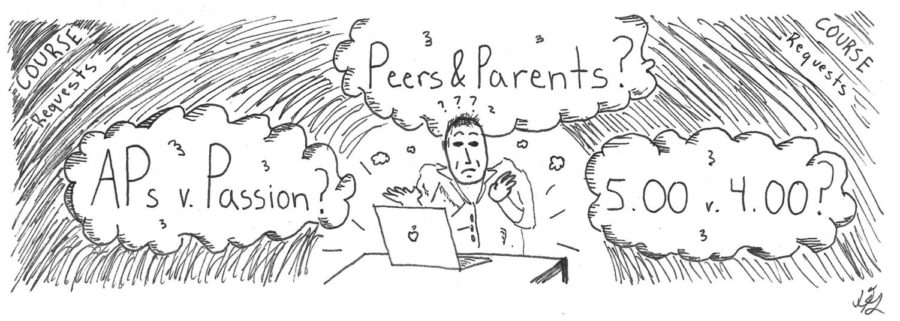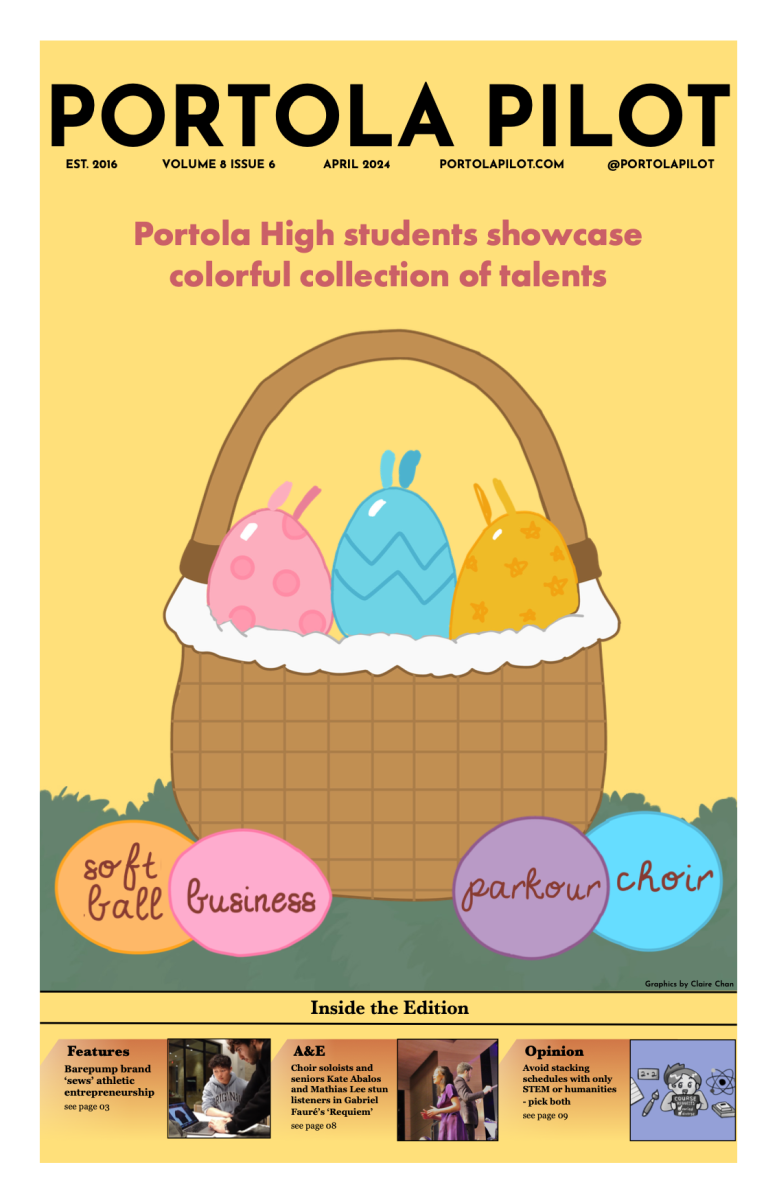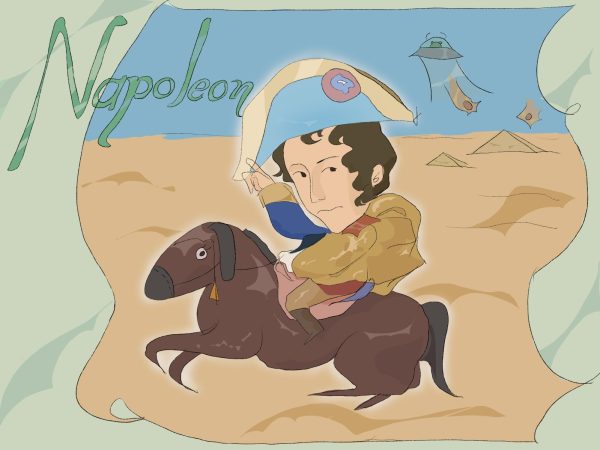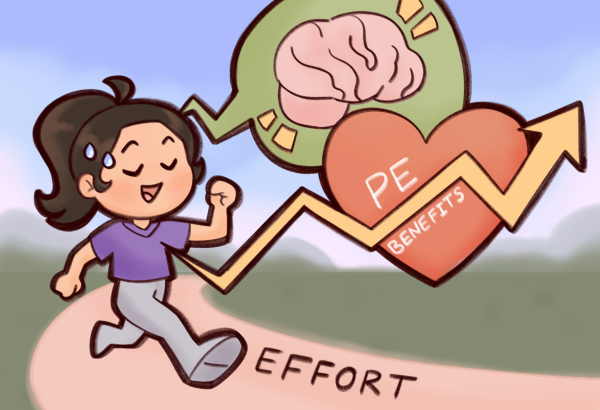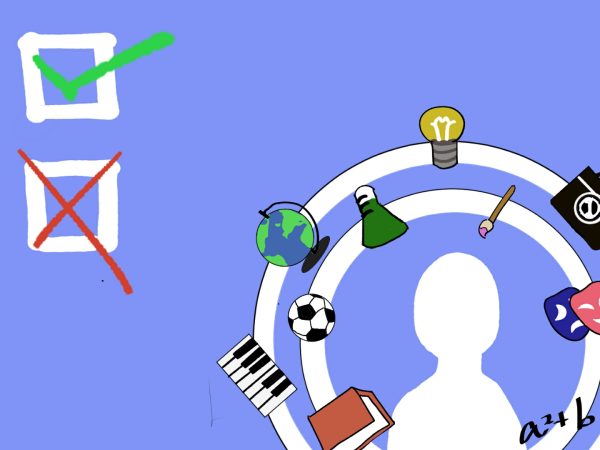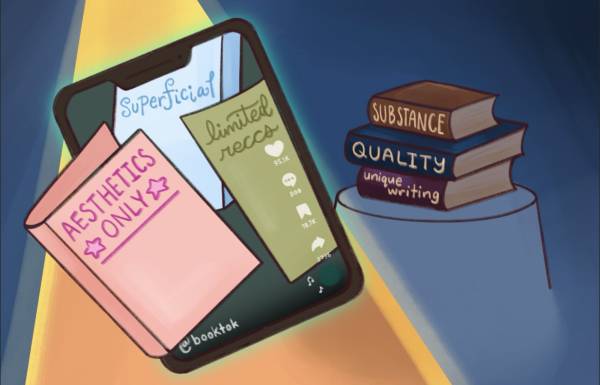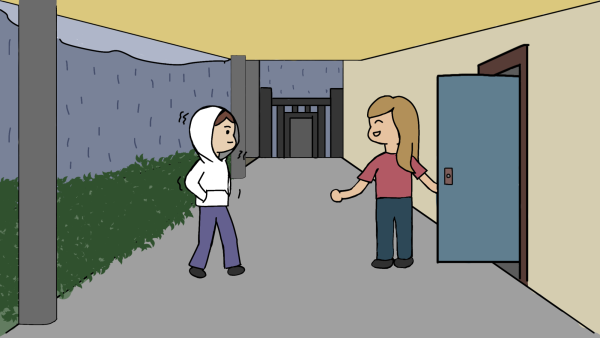Editorial: How Much Weight Can You Take?
May 3, 2018
As the school year quickly comes to an end, students find themselves trapped at an intersection as they choose their future courses. They struggle to create a schedule that appeases social pressures and graduation demands while fulfilling their own interests. Following all three paths leaves them confused and unsure. So, what should students take into account when selecting their schedules?
Parent and Peer Pressure
We all have support networks of family and friends who influence our decisions. When it comes to how many honors classes to take, some parents think the more the merrier. According to the American Physiological Association, students felt far more stressed over school-related issues, including college and grades, then parents recognized. With demands to pursue high-ranking colleges, our parents may be overlooking and silencing an important opinion lost in the constant push for APs: our own voice.
Though considering our parents’ experiences and advice when deciding our schedules is important, we often forget that it is our lives, not theirs. As we mature, we no longer can be dependent on others’ opinions; we must become responsible for who we are, allowing us to develop our own identities while learning from our mistakes. After all, as J.K. Rowling wrote in “The Chamber of Secrets,” “It is our choices that show what we truly are.”
Following our own path can be scary, especially when we and our friends choose different career courses. But it is the process of being true to ourselves that allows us to become independent and meet a diverse group of people who share the same passions.
In the end, we are our best indicators of our passion and happiness, not other people.
College Requirements
Knowing what each college requires is important. The A-G requirements used by the Universities of California and California State Universities is the base list for courses required for admission.
According to University of California, students need to “complete a minimum of 15 college-preparatory courses (a-g courses) with a letter grade of C or better, with at least 11 courses finished prior to the beginning of your last year of high school.”
These A-G classes are college prep level, although more rigorous classes are advised at times. Focusing on classes that are interesting shows colleges how serious we are about taking on the subject. Unless it is a required class, avoiding a course will not hurt your admission chances. However, dropping out or getting a bad grade in a rigorous course will be shown on the transcript that colleges view.
AP courses are not required for admission to Universities of California or California State Universities, but instead provide extra rigor in classes that interest students and should only be pursued with personal preference in mind, rather than to increase GPAs. While taking many AP classes can boost GPA, we are going far over the minimum required for applying to colleges and possibly creating more work for topics that do not interest us. Also, AP classes requires adequate time to complete its tasks, and taking too many classes could make it unrealistic to accomplish those tasks while having a mentally, physically and socially healthy life.
Additional information and a list of the A-G courses can be found at http://admission.universityofcalifornia.edu/.
Following Your Passions
Perhaps generated by external pressures we feel from our surroundings, we begin to place an enormous amount of responsibility on ourselves to discover our passion, and to do so as soon as possible.
When we are conflicted between choosing a passion course or a weighted class, the pressure is magnified. However, most colleges are much more interested in seeing a balance of academic and passion courses.
According to LA Times writer Sara Harberson, who worked in the admissions department for University of Pennsylvania, writes “universities practice what is called ‘holistic admissions,’ a policy based on the idea that a test score or GPA does not completely reflect who a student is and what he or she can bring to a college community. It allows a college to factor in a student’s background, challenges overcome, extracurricular involvement, letters of recommendation, special talents, writing ability and many other criteria.”
As Ralph Waldo Emerson once said, “life is a journey, not a destination.” Many times, self-pressure is created when we focus on the destination, instead of enjoying the journey of finding ourselves. In many cases, such a scenario arises when we forget what we truly love to do and quickly choose the conventional career pathway.
Refusing to take an unweighted elective that reflects our passion could be a big mistake. Ultimately, we must bear in mind that discovering our individual path should be the ultimate goal, instead of being distracted by extrinsic values.
Our Verdict: Balance
It is important to acknowledge and consider others’ advice and meet graduation requirements. These factor have to be taken into account when ultimately deciding what courses to take.
However, it is just as imperative to listen to our internal compass and make well-informed decisions that allow us to stay true to ourselves, our passions and our values. Take classes that are interesting and offer some challenge. Make a consistent effort to do well in them. And do not forget to take some time for yourself, to relax and spend time with friends. We only get to experience high school once, so we must make sure that we enjoy every step of the way.



